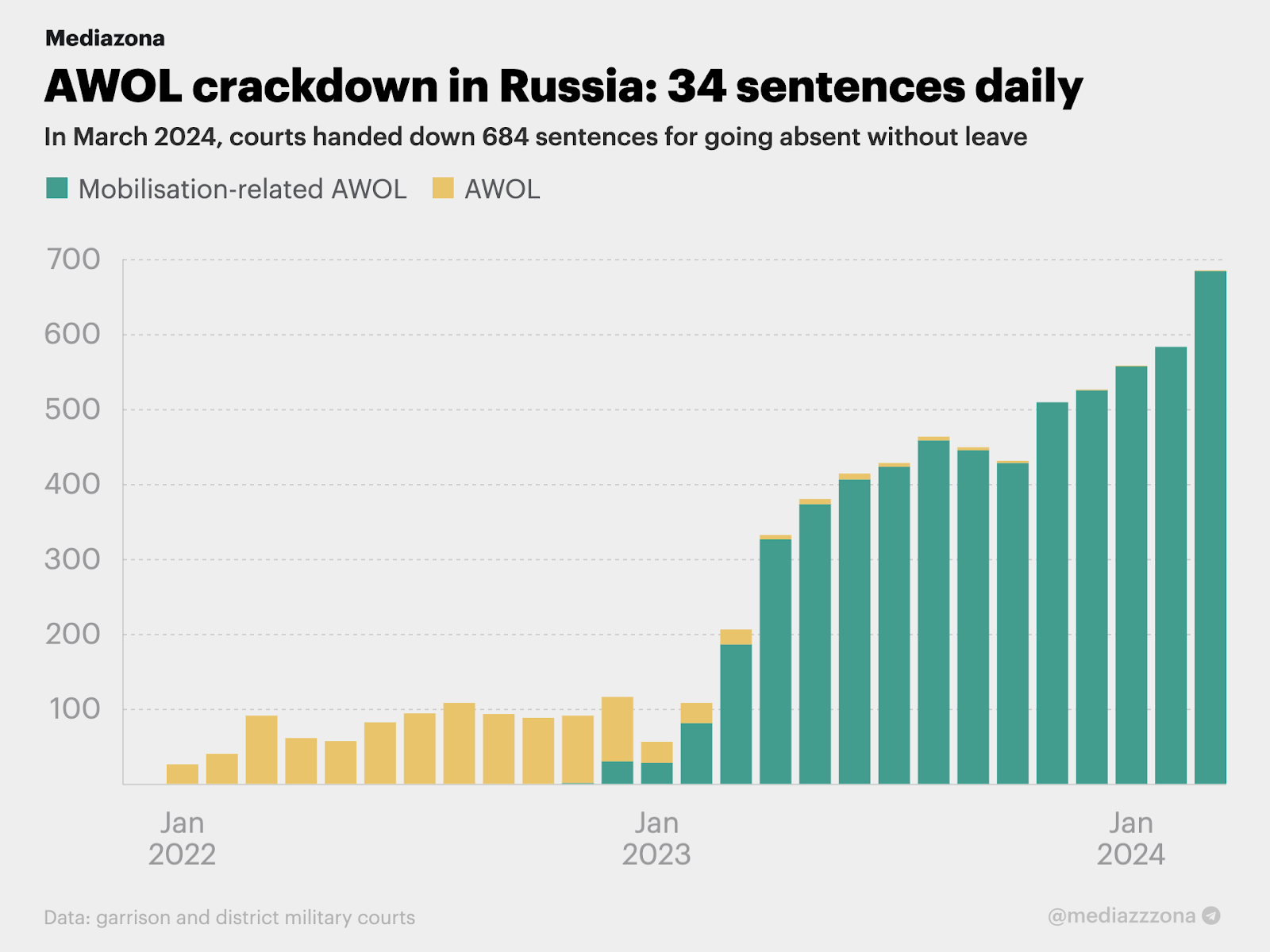Each of the (US) Services has a mechanism where a servicemember can be granted a discharge in lieu of court-martial--what is referred to as one form of alternate resolution during pretrial negotiations. The approval of alternate resolutions was a collaborative process involving the commander, higher authority, prosecutor, and any victims. Because of the new OSTC system, the Army has placed the responsibility for approval with the OSTC.
Earlier news articles by ProPublica had focused on the number of servicemembers allowed to leave the military administratively rather than through court-martial for serious crimes, including sexual assaults. The Army has changed its approval process. It is unclear what effect, if any, there will be on the number of Army discharges in lieu of court-martial. Presumably, the same facts and considerations for approval will apply under the new system as the old. It would be unusual under the old system for a commander to go against the advice of the prosecutor. Arguably, nothing will change but for the window dressing. There may be a small effect on the speed of approvals or disapprovals. Under the old system, there'd be negotiations with the prosecutor who would tell the defense she'd recommend for or against the delay while the approval authority was consulted and decided. During that delay, the parties would still be preparing for trial.
Vianna Davila & Lexi Churchill, Soldiers Charged With Violent Crimes Will Now Face More Scrutiny Before They Can Simply Leave the Army, ProPublica, 19 April 2024.
The U.S. Army, the country’s largest military branch, will no longer allow military commanders to decide on their own whether soldiers accused of certain serious crimes can leave the service rather than go on trial.. . .
Under the new rule, which goes into effect Saturday, military commanders will no longer have the sole authority to grant a soldier’s request for what is known as a discharge in lieu of court-martial, or Chapter 10, in certain cases. Instead, the newly created Office of Special Trial Counsel, a group of military attorneys who specialize in handling cases involving violent crimes, must also approve the decision. Without the attorneys’ approval, charges against a soldier can’t be dismissed.
The Office of Special Trial Counsel will have the final say, the Army told the news organizations.
The new rule will apply only to cases that fall under the purview of the Office of Special Trial Counsel, including sexual assault, domestic violence, child abuse, kidnapping and murder.























